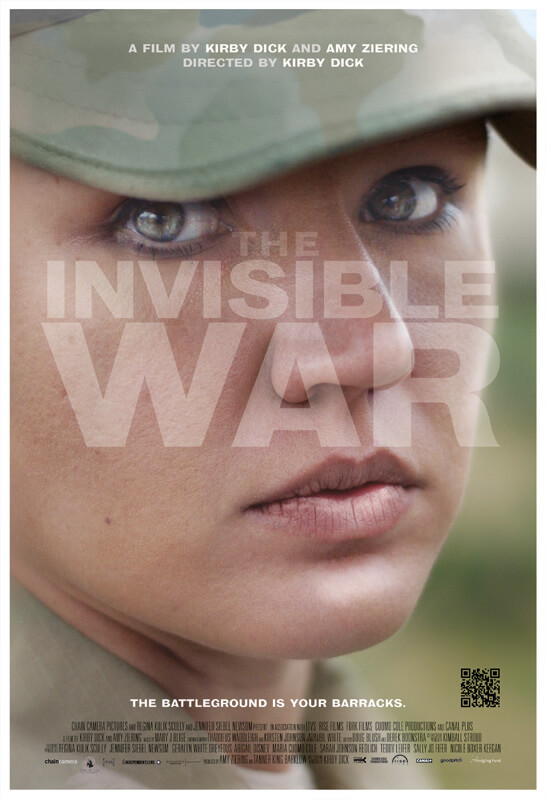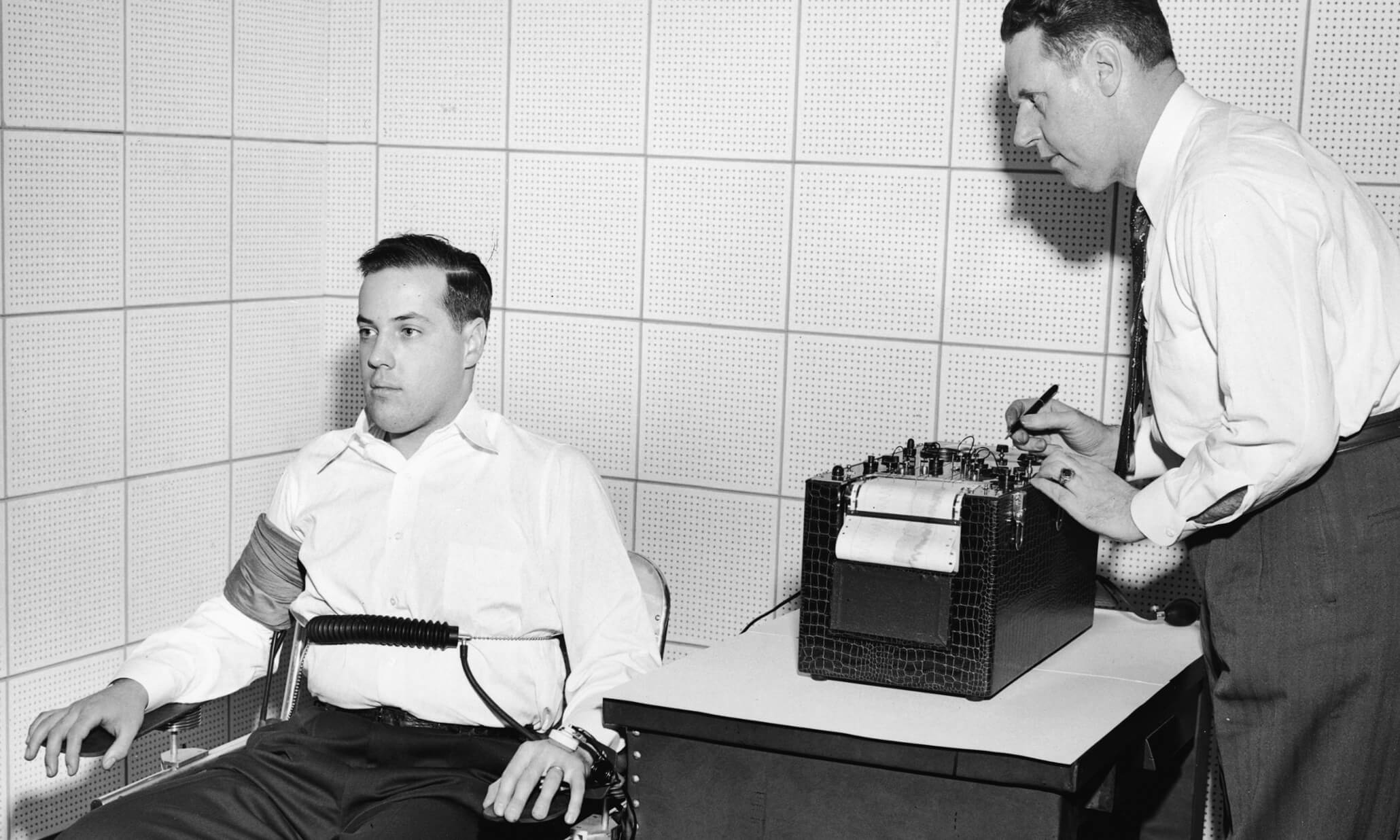
Attempted Transfer of Explicit Video of Self to a Minor (Sexting) Amounts to a ‘Sexual Act’ Resulting in Registration on the Sex Offender Registry
 United States v. Schofield – (5th Circuit Court of Appeals, 2015)
United States v. Schofield – (5th Circuit Court of Appeals, 2015)
Should a person be ordered to register as a sex offender for sending explicit video to a minor (sexting), but never physically touching the victim? The Fifth Circuit Court of Appeals says yes.
In November 2013, twenty-four year old Nick Schofield began sending text messages to a fifteen-year-old girl. They sent text messages for four months, when an undercover federal agent assumed the girl’s side of the conversation. Believing he was still communicating with the girl, Schofield sent the undercover agent sexually explicit photos and videos of himself. A grand jury indicted Schofield on one count of transfer of obscene material to a minor and four counts of attempted transfer of obscene material to a minor, violations of 18 U.S.C. § 1470. In his plea agreement, Schofield pleaded guilty to one count of attempted transfer of obscene material to a minor, and the other counts were dismissed at sentencing.
The district court sentenced Schofield to two years imprisonment and ordered him to register as a sex offender under the Sex Offender Registration and Notification Act (“SORNA”). The purpose of SORNA is to establish a national sex offender registry, “to protect the public from sex offenders and offenders against children.” 42 U.S.C. § 16901. Under SORNA, a convicted sex offender must register his current address and employer’s address.
At trial, Schofield objected to the registration requirement of his sentencing. Schofield appealed to the Fifth Circuit Court of Appeals, contending (1) that the crime of attempted transfer of obscene material to a minor was not a sex act under SORNA and (2) that the statutory definition of a sex offense as a “criminal offense against a minor” was an unconstitutionally vague, all-encompassing residual clause.
First, the Court stated the purpose of SORNA is to “cast a wide net to ensnare as many child offenders as possible.” United States v Dodge, 597 F.3d 1347. The wide net was meant to apply to as many offenses against children that make sense according to the plain language and plain meaning of the statute. The Court also quoted an Eleventh Circuit case dealing with similar facts and charges. The Eleventh Circuit held that the 18 U.S.C. § 1470 intended “[not] to exclude certain offenses but rather to expand the scope of offenses that meet the statutory criteria.” Id. In short, the Fifth Circuit Court of Appeals held that the crime of attempted transfer of obscene material to a minor, was in fact, a sex act under SORNA’s plain language, structure, legislative history, and purpose.
Second, the Court found that Schofield’s conduct in sending the explicit video to a fifteen-year-old girl falls within the SORNA residual clause, noting, “the key is conduct that contains a sexual component toward a minor.” Because Schofield’s conduct “engaged with” a young girl in a sexual manner, the Court held that his conduct includes a sexual component toward a minor, falling under SORNA’s residual clause. The Court reiterated, “Judges do not need a statute to spell out every instance of conduct that is a sexual offense against a minor.” Id.
The Fifth Circuit Court of Appeals held that the language of SORNA’s residual clause was intentionally vague, with the purpose of including as many criminal offenses as possible. Even though the Defendant did not have physical contact with the girl, he was deemed by the Court to have behaved in a sexual manner, which amounted to a sexual act requiring registry on the sex offender registry. If you or a loved one is facing a sexual or computer crimes charge in Tarrant County, Texas, please call our experienced criminal defense attorneys today at (817) 993-9249.




 Texas courts have routinely held that an expert witness, such as a child psychologist, may not offer an opinion about the truth of a certain child victim’s specific allegations or about the truth of child victim allegations in general. But they haven’t shut that door completely.
Texas courts have routinely held that an expert witness, such as a child psychologist, may not offer an opinion about the truth of a certain child victim’s specific allegations or about the truth of child victim allegations in general. But they haven’t shut that door completely.
 This opinion reflects the personal views of the author and should not be attributed to any agency or office.
This opinion reflects the personal views of the author and should not be attributed to any agency or office.
 Although polygraph tests are used from time to time in criminal justice matters, they have always been inadmissible at court because they are inherently unreliable.
Although polygraph tests are used from time to time in criminal justice matters, they have always been inadmissible at court because they are inherently unreliable.


 Texas Penal Code Section 22.021(a) provides that a person commits aggravated sexual assault if the person intentionally or knowingly causes the penetration “by any means” of the anus or sexual organ of a child younger than 14 years of age. Section 22.021(d) provides that “it is a defense to prosecution…that the conduct [constituting the offense] consisted of medical care for the child and did not include any contact between the anus or sexual organ of the child and mouth, anus, or sexual organ of the actor[.]
Texas Penal Code Section 22.021(a) provides that a person commits aggravated sexual assault if the person intentionally or knowingly causes the penetration “by any means” of the anus or sexual organ of a child younger than 14 years of age. Section 22.021(d) provides that “it is a defense to prosecution…that the conduct [constituting the offense] consisted of medical care for the child and did not include any contact between the anus or sexual organ of the child and mouth, anus, or sexual organ of the actor[.]



 Today, in
Today, in 





